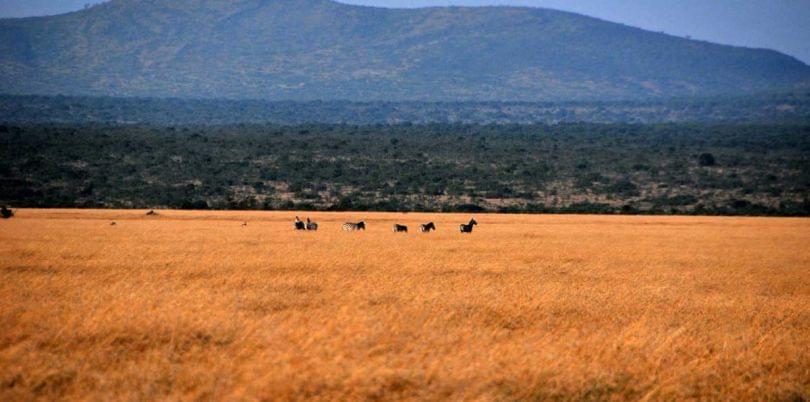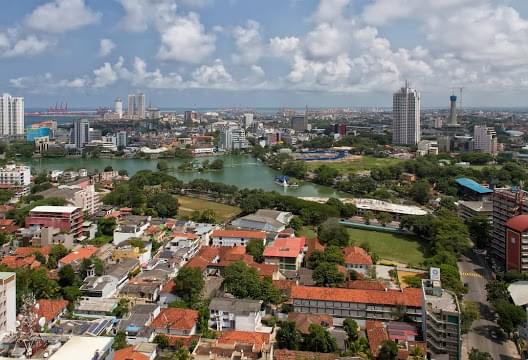200 Best online visa country rankings

48
Thimphu •
Asia •
Southern Asia •
Least Developed •
776K people
2
on arrival
234
online visa
2
required

47
Juba •
Africa •
Middle Africa •
Least Developed •
12M people
2
visa free
230
online visa
6
required

48
Victoria •
Africa •
Eastern Africa •
Developing •
91K people
5
visa free
2
on arrival
229
online visa
1
required
1
banned

49
Nairobi •
Africa •
Eastern Africa •
Developing •
47M people
6
visa free
229
online visa
3
required

48
Libreville •
Africa •
Middle Africa •
Developing •
2M people
3
visa free
3
on arrival
229
online visa
3
required

47
Djibouti •
Africa •
Eastern Africa •
Least Developed •
900K people
4
on arrival
228
online visa
6
required

47
Colombo •
Asia •
Southern Asia •
Developing •
21M people
3
visa free
228
online visa
6
required
1
banned

48
Yaoundé •
Africa •
Middle Africa •
Developing •
23M people
6
visa free
227
online visa
6
required
Best online visa countries list - Visa Openness rankings in 2024
Last updated:
Best online visa countries include Bhutan, South Sudan, Seychelles and Kenya. Bhutan has easy visa entry for 2 countries. Find visa openness ranking across the world. See a visual map of visa openness rankings on the world map.
Visa openness definition and methodology
The Visa Openness Index is a comprehensive tool for measuring the visa policies of countries around the world.
Our methodology is designed to provide a rigorous and transparent assessment of visa openness, based on data from reliable sources.
To calculate the Visa Openness Index, we consider a variety of factors related to visa policies, including visa-free access, visa on arrival, and e-visa policies. We also take into account the restrictions and requirements that may apply to each category of visa.
The score for each country is calculated based on the number of visa types it offers, and the number of countries its citizens can travel to without a visa or with a visa on arrival. Our scoring system is designed to provide a comprehensive view of visa openness, with a maximum score of 100. Countries with high scores are considered to be more visa-open, while those with lower scores are considered to be less open. The data used to calculate the Visa Openness Index comes from reliable sources, including the International Air Transport Association (IATA), the United Nations World Tourism Organization (UNWTO), and the World Economic Forum (WEF). Our team of experts has analyzed the data and methodology used to create the index to provide you with the most comprehensive information available. Whether you're a frequent traveler or simply curious about the world, we're confident that our guide to the Visa Openness Index in 2024 will be an invaluable resource.
The score for each country is calculated based on the number of visa types it offers, and the number of countries its citizens can travel to without a visa or with a visa on arrival. Our scoring system is designed to provide a comprehensive view of visa openness, with a maximum score of 100. Countries with high scores are considered to be more visa-open, while those with lower scores are considered to be less open. The data used to calculate the Visa Openness Index comes from reliable sources, including the International Air Transport Association (IATA), the United Nations World Tourism Organization (UNWTO), and the World Economic Forum (WEF). Our team of experts has analyzed the data and methodology used to create the index to provide you with the most comprehensive information available. Whether you're a frequent traveler or simply curious about the world, we're confident that our guide to the Visa Openness Index in 2024 will be an invaluable resource.
Practical implications of Visa Openness
The Visa Openness Index 2024 is a valuable tool for understanding the visa policies of different countries and their implications for travelers and countries. Here are some of the practical implications:
- Travel planning: For travelers, the Visa Openness Index 2024 can be a useful resource for planning trips to different countries. By understanding a country's visa policies, travelers can determine whether they need to obtain a visa in advance or if they can obtain a visa on arrival. This information can help travelers avoid unnecessary delays or complications during their trips.
- Business opportunities: AFor businesses, the Visa Openness Index 2024 can be a useful resource for identifying new markets and potential business opportunities. By understanding a country's visa policies, businesses can determine whether it is feasible to expand their operations to that country. This information can also help businesses to plan for the logistics of sending employees to work in other countries.
- Government policy: For governments, the Visa Openness Index 2024 can be a useful tool for evaluating the effectiveness of their visa policies and identifying areas for improvement. By analyzing the rankings of different countries, governments can determine whether their visa policies are competitive and attractive to foreign visitors. This information can also help governments to adjust their visa policies to better align with their economic and diplomatic goals.
- International relations: For countries, the Visa Openness Index 2024 can have important implications for their international relations. By adopting more open visa policies, countries can improve their standing in the global community and promote closer ties with other nations. Conversely, countries with more restrictive visa policies may face increased isolation and reduced opportunities for international cooperation.